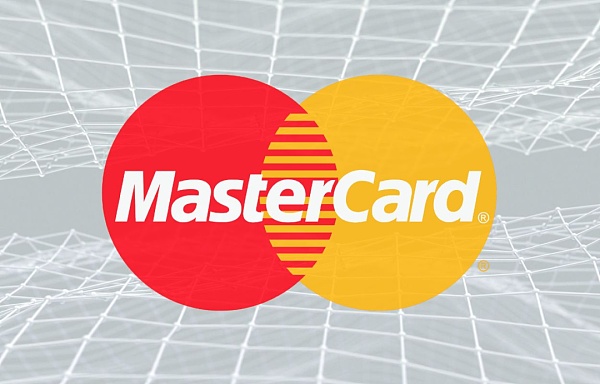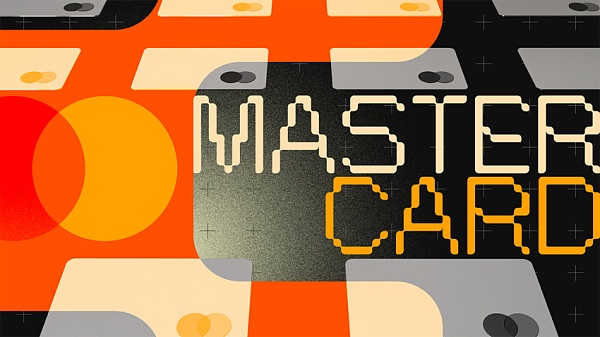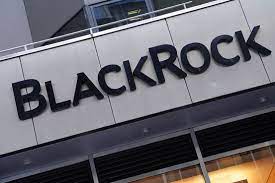Mastercard is fully entering the crypto market: it is about to launch a “multi-token network” product.
Mastercard is launching a "multi-token network" for the crypto market.Compiled by: Blockchain Knight
Mastercard is about to launch its MTN (Multi-Token Network) product, indicating that the company’s focus on digital assets and blockchain technology is increasing.
According to the announcement, MTN aims to make transactions in the digital asset and blockchain ecosystem secure, scalable and interoperable, providing a basic set of functions for efficient payment and business applications.
The product has four trust pillars aimed at meeting four key industry needs: trust in counterparties, trust in digital assets, trust in technology, and trust in consumer protection.
- Holder Faith Collapses after “Double Kill” of Funds and Trust; Azuki Official Latest Response Not Accepted by Community
- Azuki Founder’s First Response to Disaster: Underestimated Community Emotions, Overestimated Product Delivery
- Can Ribbon Finance be reborn from structured option products to on-chain derivatives exchanges?
As a trusted global payment company, Mastercard has many years of experience in setting standards and rules for its credit card network.
MTN will leverage this experience to provide a common framework for regulatory compliance, with a focus on credit card network stability and stronger consumer protection, such as anti-money laundering (AML) and Know Your Customer (KYC) regulations.

In addition, MTN will also make reasonable use of Mastercard’s Crypto Credentials.
The credential provides a universal set of verification standards and infrastructure that enables consumers and businesses on blockchain networks to interact in a trusted manner.
It also improves the scalability and interoperability of blockchain networks, enabling regulated payment tokens to power financial applications.
As a testing platform for real-time pilot applications and use cases developed jointly with financial institutions and central banks, the MTN beta will be launched in the UK this summer.
It is reported that the first phase of testing will be supported by tokenized bank deposits, and MTN is planned to be launched in other markets around the world over time.
Mastercard’s MTN is one of the company’s most promising projects in the digital asset space, so what are some potential use cases for investors with this new product?
One of MTN’s primary applications is to promote cross-border payments by using stable, regulated, and scalable payment tokens.
This will provide a more efficient and cost-effective alternative to traditional payment systems, improving transaction times and lowering forex costs.
The product also has potential applications in supply chain management, where it can be used to track and manage supply chain transactions.
This will help increase transparency and efficiency in the flow of goods and services, thereby reducing costs, improving logistics, and increasing visibility across the entire supply chain.

Security tokenization is another potential area for MTN, which will provide investors with greater liquidity and accessibility, and help democratize investments, providing more opportunities for individuals and small businesses.
Lastly, MTN can also be used to secure transactions of CBDC (Central Bank Digital Currency).
As demonstrated by Mastercard’s recent collaboration with the Reserve Bank of Australia (RBA) in its CBDC pilot, it can ensure that CBDC transactions are safe, transparent, and compliant with regulatory requirements.
In summary, MTN provides a secure, scalable, and interoperable solution for efficient payments and commercial applications, which is a significant step forward for the digital asset and blockchain ecosystem.
As Mastercard continues to develop the product, new use cases may emerge and further boost digital assets and blockchain technology .
We will continue to update Blocking; if you have any questions or suggestions, please contact us!
Was this article helpful?
93 out of 132 found this helpful
Related articles
- Deep Dive: Evolution of Asset Management Tools from Debank’s Perspective
- Has zkSync Era risen to become the third largest Layer2 network within three months, and is it a bubble or a real ecosystem?
- Major Challenges Facing the NFT Ecosystem
- Top 10 Best Data Dashboards in June
- Mind Network: Enhancing Data Security and Privacy Protection in the Web3 Era
- Summarizing the three major innovations of Uniswap V4
- Who is bullish on Azuki? Analysis of the movements of the top eight whales






